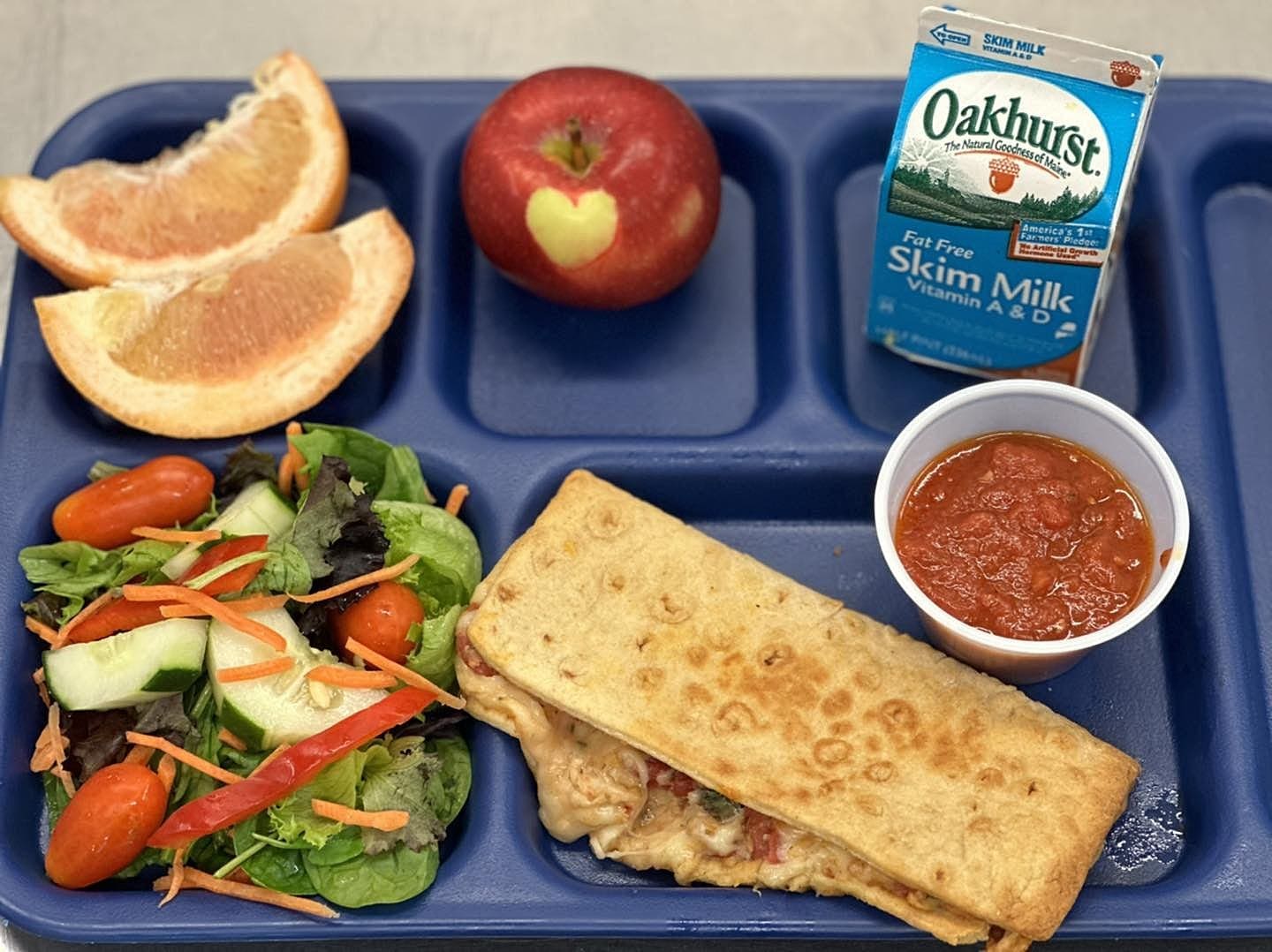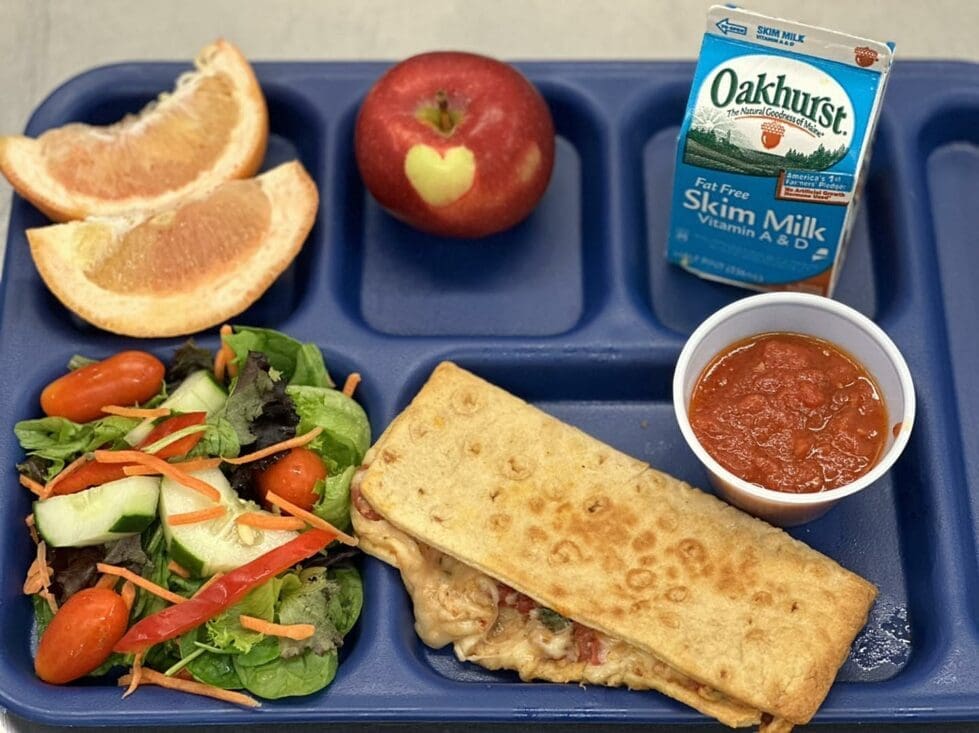
Currently, free meals are based on income levels of either a student’s family or the community the school is located in.
Six Democratic state legislators are sponsoring legislation that would require all public schools to offer free breakfast and lunch to all students.
House Bill 125, whose primary sponsor is Rep. Sherae’a Moore, D-Middletown, was introduced in April, but never heard by the General Assembly, which returns to session in January. Moore declined an interview to discuss the bill.
The bill explains that during the COVID-19 pandemic, the U.S. Department of Agriculture eased program restrictions to allow for free breakfast and lunch for all students.
However, the department’s waivers expired on June 30, 2022, so Delaware schools participating in the USDA School Breakfast Program and National School Lunch Program were required to return to pre-pandemic policies on free meals.
“The Delaware Department of Education appreciates the intent of the legislation, but we realize the potential for a significant fiscal note,” said Alison May, public information officer at the Department of Education.
The original fiscal note of the bill had a hefty state cost that included:
- $31,635,852 ($6,801,866 for breakfast and $24,833,986 for lunch) in fiscal year 2024
- $33,147,815 ($7,125,645 for breakfast and $26,022,170 for lunch) in fiscal year 2025
- $34,804,569 ($7,486,590 for breakfast and $27,317,979 for lunch) in fiscal year 2026
The fiscal note – a projection of its cost – will be updated when the General Assembly reconvenes in January, May said.
One breakfast for one student is estimated to cost the state between 30 cents and $2.17 depending on the need level of the school, and one lunch for one student is estimated to cost the state between 40 cents and $3.56. There is no cost to the state for federally reimbursed free breakfasts or lunches.
Approximately 9,022,550 breakfasts and 16,427,270 lunches are served in Delaware schools each year.
Some schools in low-income communities are part of the USDA’s Community Eligibility Provision, which allows all their students to get free meals, and districts are reimbursed by the federal government.
Students who are not in CEP schools have to meet certain household incomes to qualify for free meals:
Out of Delaware’s 250 public schools, there are 127 CEP schools, according to Department of Education data.
“You have to separate the emotion of wanting to ensure that no child goes to school hungry from what the state can afford to do,” said Sen. Eric Buckson, R-Dover. “Middle class Delawareans will be asked to give more of their hard-earned dollars to pay for this program.”
There is a national push to provide more free meals to students, largely initiated by Democrat legislation.
“Delawareans already pay for children from low-income households to receive free nutrition, and adding to that bill by including households like mine may seem like a good idea until you realize that nothing is free. and ultimately someone has to pay the bill,” he said.
The idea that no child has to go to school hungry is one everyone supports, he said, but the state has programs in place to ensure that doesn’t occur and adding millions of dollars to Delaware’s budget at a time when the budget is already in a deficit is a mistake.
“A family of four can qualify for nearly $300 in food stamp money a week if they meet income guidelines, and those same children qualify for free and reduced lunch along with families who are challenged when it comes to income in their households,” he said. “When you expand government programs like this one, you have to take away funding from other programs or you have to ask the taxpayer to give more at a time when they can ill afford to do so given the inflation and challenges this state and country are facing.”

Raised in Doylestown, Pennsylvania, Jarek earned a B.A. in journalism and a B.A. in political science from Temple University in 2021. After running CNN’s Michael Smerconish’s YouTube channel, Jarek became a reporter for the Bucks County Herald before joining Delaware LIVE News.
Jarek can be reached by email at [email protected] or by phone at (215) 450-9982. Follow him on Twitter @jarekrutz
Share this Post




